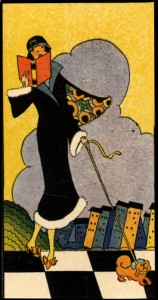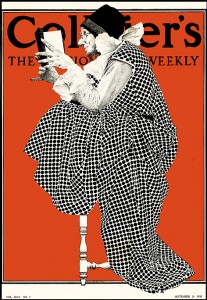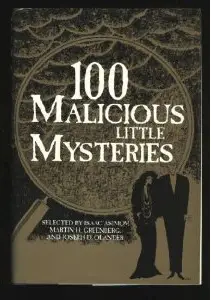 You may be under the illusion that 3 of these articles are revealing every word, pause, comma, dash to the reader. Not so. Remember, there are 100 Malicious Little Mysteries within, and I’m highlighting only a handful. It’s unusual for me to enjoy that many short stories within one large volume and because of that–I am forced to share. Don’t blame me, it’s the demand of the universe.
You may be under the illusion that 3 of these articles are revealing every word, pause, comma, dash to the reader. Not so. Remember, there are 100 Malicious Little Mysteries within, and I’m highlighting only a handful. It’s unusual for me to enjoy that many short stories within one large volume and because of that–I am forced to share. Don’t blame me, it’s the demand of the universe.
Maxine O’Callaghan provided the biggest surprise in An Insignificant Crime. The story is thin, on the surface. A store owner in the late 1900s is ready to call the authorities finally, and have the well known customer arrested for her habitual shoplifting. His employee son-in-law keeps at him to drop the idea. Narrated by the employee, he points out that the customer isn’t stealing for money, or in malice, it’s something she apparently has no control of. The son-in-law lays on the line that the customer’s father has a lot of influence in the community, and that the father would not tolerate the humiliation his daughter’s arrest would bring. His argument concludes asking the storekeeper why he doesn’t simply charge the customer’s father’s account, like all the other times?. But his father-in-law is obstinate. The clerk thinks:
“The old fool can’t see beyond the end of his thin quivering nose. He would sacrifice the business and our future, his daughter’s and mine, and feel smugly sanctimonious. And for what? An insignificant little crime that would hurt nobody.”


